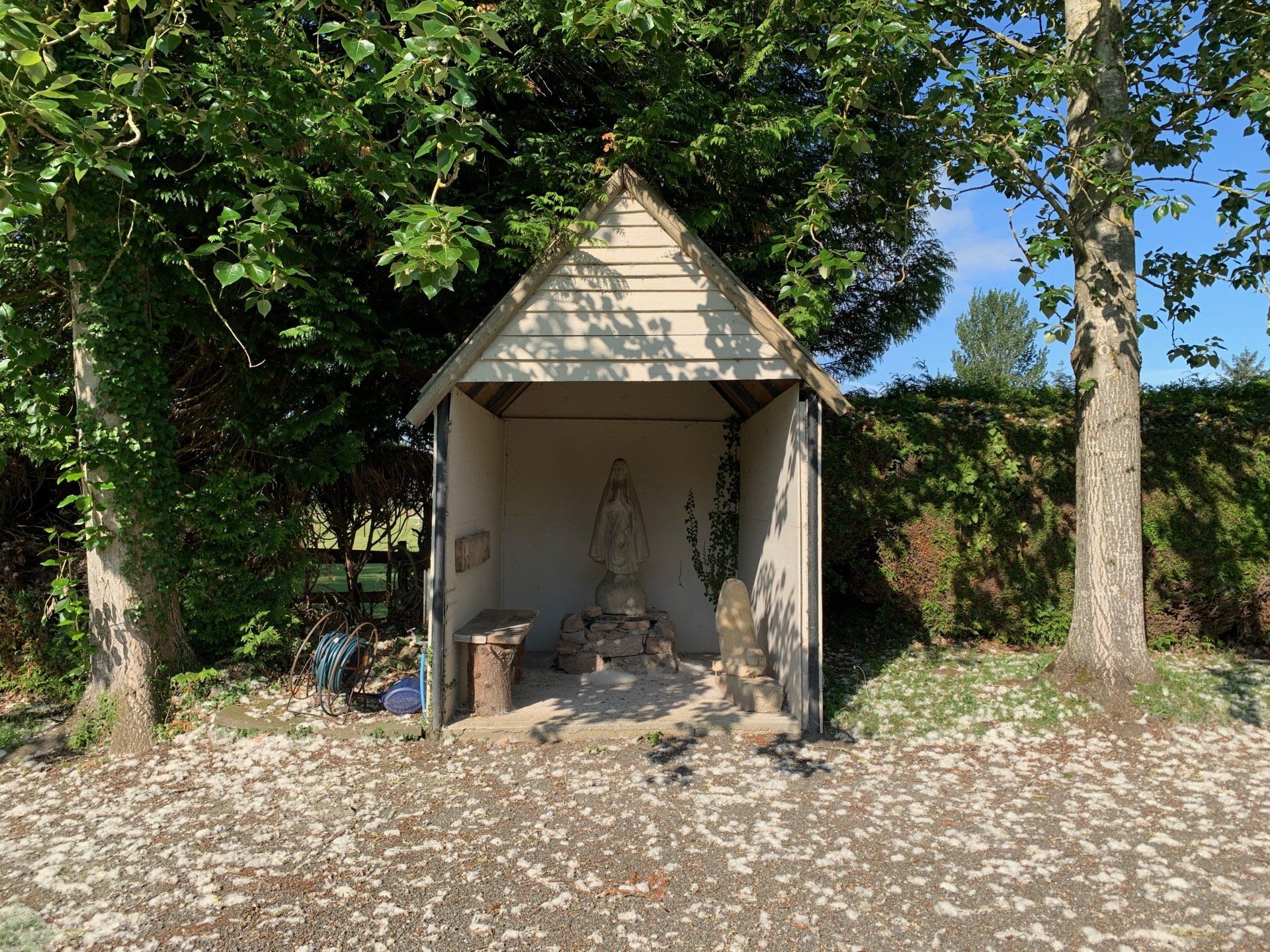Message of Abbot Paul - Thursday 16th June
Abbot Paul • June 15, 2022

Message from Fr Paul for Thursday, 16th June 2022
Yesterday was a particularly difficult day for my mother as her condition deteriorated through the day and the severe pains increased. By evening, thanks to so many prayers, she had improved and was looking forward again to surgery. I remembered what St Bernard had to say about Our Lady’s role in the Passion of Jesus, that to accompany a loved one in their suffering was even more painful than suffering themselves. I thank you all for your prayers that are carrying her through this moment. I should point out that I am an only child and so responsible for my mother as her next of kin. I have friends, but not family to help me. God bless you.
In many countries today the Church celebrates the Solemnity of Corpus Christi, but in England and Wales we wait until next Sunday. In our Gospel reading from Matthew, (Mt 6: 7-15), we hear how Jesus teaches his disciples to pray. He begins by telling them: “In your prayers do not babble as the pagans do, for they think that by using many words they will make themselves heard. Do not be like them; your Father knows what you need before you ask him.” Prayer should not be a multiplicity of words but rather focussed on two things, our worship of God and our faith in requesting what is truly necessary. God knows what we want, so we need not give him the details. He knows far better than we do what our real needs are. We don’t have to present him with a shopping list of requests! He then gives them a short prayer, which has become the prayer of the Church, the Lord’s Prayer. “So you should pray like this,” is how he introduces his prayer. It should be pointed out that there is a slightly different and shorter version in Luke, (Lk: 11: 2-4).
“Our Father in heaven,
may your name be held holy,
your kingdom come,
your will be done,
on earth as in heaven.
Give us today our daily bread.
And forgive us our debts,
as we have forgiven those who are in debt to us.
And do not put us to the test,
but save us from the evil one.”
We know the prayer so well, it’s easy to say it without thinking or, indeed, without really meaning or understanding what we say. No matter how short and to the point it is, prayer can easily be reduced to words and no more. You might want to consider saying this prayer, one phrase at a time, in the course of a day or a week. Make it yours. It’s a prayer to be said by a community or a family, at times by a whole nation. Whereas most probably we say it alone, nevertheless, it is inclusive of the whole of creation: our Father, not my Father, give us, forgive us, do not put us, save us. The first half of the prayer looks to God and our recognition of who he is, the second part looks at our needs and those of the whole world. Jesus has just one comment to make at the end. “Yes, if you forgive others their failings, your heavenly Father will forgive you yours; but if you do not forgive others, your Father will not forgive your failings either.” Jesus asks us to forgive, if we are to expect and receive forgiveness from God. Forgiveness lies at the very heart of the Christian faith. Jesus died on the Cross to forgive us our sins. What can we do in return?









